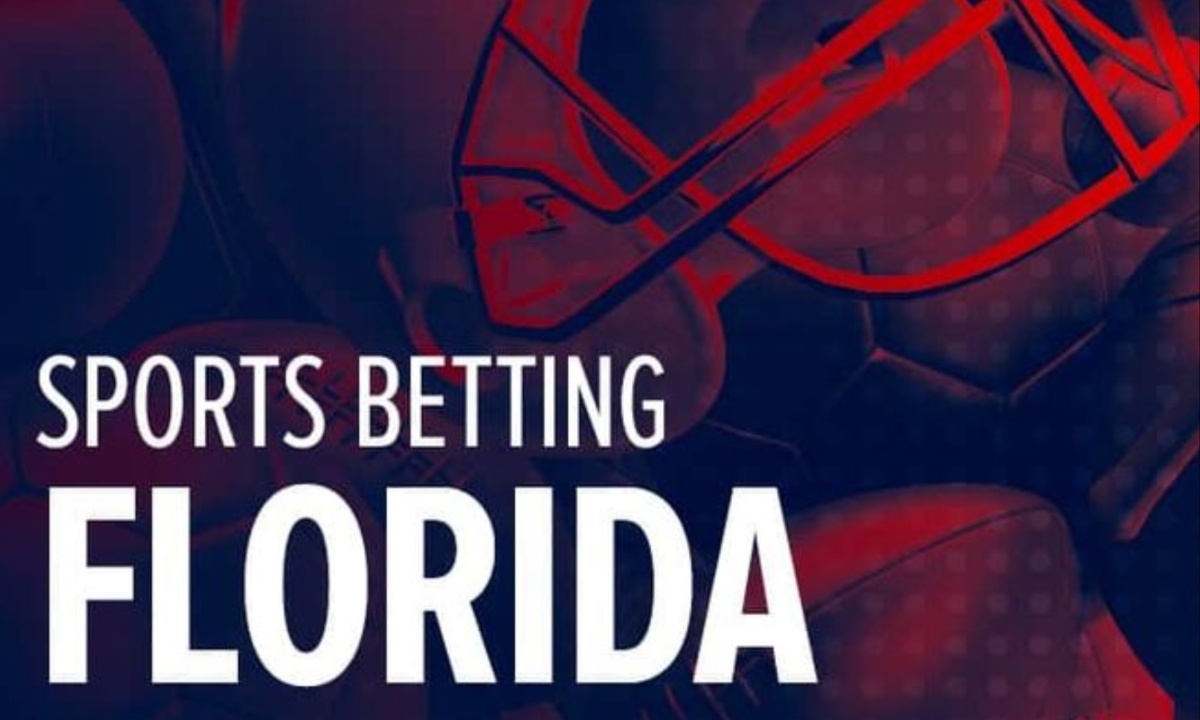Florida sports betting became legal following a federal court ruling on June 30, 2023, when the US Court of Appeals upheld the state’s gaming compact with the Seminole Tribe of Florida. This compact grants the tribe exclusive control over sports betting in the state, both online and at retail locations. After the ruling, the Hard Rock Bet app, the only available legal sportsbook app in Florida, relaunched on November 7, 2023, for existing customers, and fully opened to all residents on December 5, 2023. Additionally, in-person retail sports betting began in December 2023 at all six Seminole Tribe casinos.
The journey to legalization was fraught with significant legal challenges. The Florida-Seminole Tribe compact was first approved in 2021, but it faced roadblocks when a federal court temporarily blocked its implementation. In 2022, efforts to have sports betting put to a public vote failed, and delays in legal cases further complicated the situation. However, the June 2023 ruling in favor of the compact marked a turning point, allowing both mobile and retail sports betting to resume in the state.
Despite these legal victories, ongoing disputes persist. The Seminole Tribe holds exclusive rights to sports betting in Florida, and other potential operators, such as West Flagler Associates, continue to challenge the compact’s exclusivity. These legal conflicts may influence the expansion of sports betting in Florida in the future. Additionally, the state has faced challenges meeting responsible gambling standards, with recent reports indicating that Florida is one of the lowest-scoring states in terms of responsible gambling practices.
Currently, the Hard Rock Bet app is the only regulated mobile sportsbook available to Floridians. Retail sportsbooks, operated by the Seminole Tribe, are available at six casinos across the state, which started taking sports bets in December 2023. However, the limited number of online sports betting options means that Florida residents do not have as many choices compared to other states with a wider range of sportsbook apps.
Florida has also made strides in daily fantasy sports (DFS). In 2024, Underdog Fantasy and PrizePicks returned to the state, offering peer-to-peer fantasy sports games. These platforms provide a form of sports betting-like activity for Floridians, even though the legal status of DFS in the state remains ambiguous. Social sportsbooks like Fliff, which operate on a free-to-play model, also provide an alternative for Florida residents to engage in sports betting activities.
Florida’s gaming regulations, overseen by the Florida Gaming Control Commission and the Seminole Tribal Gaming Commission, prohibit several forms of gambling, including betting on college sports, youth sports, esports, online poker, and online casinos. These restrictions limit the variety of gambling options available in Florida, particularly when compared to other states where such activities are legalized and regulated.

Revenue generated from the state’s gaming operations is a key factor in the continued legalization of sports betting. The Seminole Tribe’s gaming operations, including sports betting, contribute significant revenue to the state, with projections suggesting the revenue sharing from tribal gaming could reach $4.4 billion by the end of the decade. However, Florida faces challenges in generating as much revenue from sports betting as states with more mature gaming industries.
Florida’s casino and gambling industry is relatively small compared to other major states like New Jersey, Pennsylvania, and New York. While Florida has a large population and significant interest in sports, its casino industry is limited, and the state’s gambling revenue is much lower than that of other states with more extensive casino operations. If Florida wishes to compete with these larger markets, it will likely need to expand its gambling offerings and update its regulations.
Responsible gambling efforts are a central part of Florida’s strategy as sports betting grows. The Florida Council on Compulsive Gambling (FCCG) plays an important role in raising awareness of gambling risks and offering support to those affected by gambling addiction. The state has made efforts to implement programs that help mitigate the negative impacts of gambling, and the FCCG provides assistance to individuals and families in need.
Looking ahead, the future of Florida sports betting will depend on how ongoing legal disputes are resolved, whether more mobile and retail sports betting options become available, and how effectively the state manages and regulates the industry. While the return of sports betting marks an important step, Florida remains in a transitional phase, with much work to be done to establish a robust and competitive sports betting environment.







